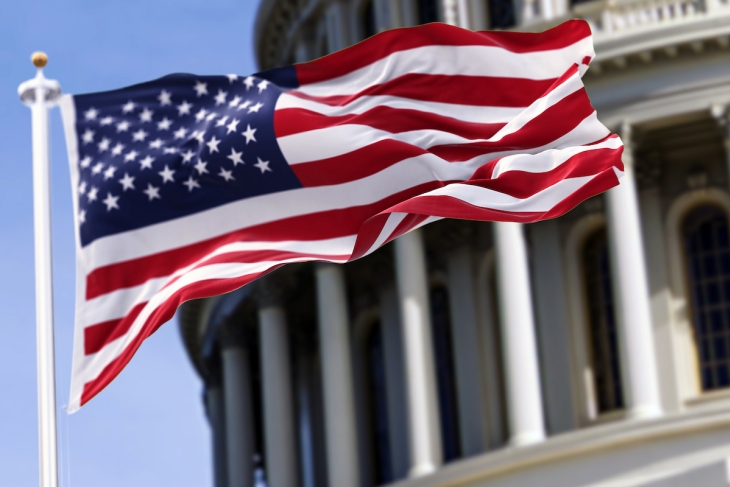Note: On April 13, AEI’s Robert Pondiscio spoke at Harvard’s Program on Education Policy and Governance’s Colloquium Series, responding to Dr. Danielle S. Allen’s presentation on the Roadmap to Educating for American Democracy, a framework for teaching civics and history to K–12 students, which includes themes, guiding questions, and other teaching resources. Dr. Allen suggested that “aspirational federalism” would drive adoption of the Roadmap. The following is an edited version of Pondiscio’s response that was first published by AEI.
Broadly speaking, I support the Roadmap and its goals. I want it to succeed. Many people that I admire both personally and professionally, not the least of whom is Dr. Allen, contributed to it. But I have concerns, not about the Roadmap itself, but with the theory of change and, frankly, the conditions in American schools and American education at this present moment, which make this an extraordinarily heavy lift.
We can’t forget the hostility that greeted the Common Core State Standards, which hints at the suspicion and skepticism with which efforts to “harmonize standards and assessments” are likely to be received. But my first major concern is that we have a long way to go to convince American education to take up the challenge of preparing America’s children for active and engaged citizenship in the first place.
From time to time, I have looked at the mission, vision, and core values statements of our largest public school districts. These statements demonstrate shockingly little concern for their public role of citizen-making. To be sure, no teacher consults their district’s mission statement when deciding what to teach, but they’re still instructive. They tell us what the men and women who oversee our school districts are thinking about when they challenge themselves to ask, “What’s our role? What do we do here?” Where citizenship is mentioned, it tends to occur as often as not in the context of “global citizenship.” The word “patriotism” appears in none of them, not even once. More shockingly, neither does the word “America” or “American.” This is a stunning departure from the historical role and founding ideals of public education.
A second, even more significant factor is that the relationship between Americans and their public schools has never been more at play than at the present moment. I will leave it to you to decide whether that represents a threat or an opportunity for those of us who see education as an indispensable mechanism for building students’ knowledge and capacities to sustain American democracy. But my AEI colleague Nat Malkus has documented that, coming out of the Covid pandemic, public school districts have lost 1.2 million students out of the 60 million Dr. Allen cited as the target of this initiative.
Measures of trust in public education and teachers, while still comparatively strong, are softening. About a dozen states now offer educational savings accounts; six of them have “universal” ESAs—Arizona, West Virginia, Iowa, Arkansas, Utah, and Florida. This enables parents to opt out of the public education system entirely and take with them the lion’s share of state dollars to purchase education services independently, from simply paying private school tuition to more bespoke options. No one likes to hear this, but Jay Greene and Jason Bedrick of the Heritage Foundation have argued quite persuasively that what’s driving a lot of the desire to exit is so-called culture war imperatives—the sense that public education is pursuing its own agenda, not that of parents, not that of the common good, and certainly not citizen-making. The universal ESA movement began with small states, then Florida doubled the number of eligible students in one fell swoop. If Texas adopts a universal ESA, it will double again. It would mean that roughly one in four American families would have the power simply to exit the system altogether. Dr. Allen referred to a ten-year implementation plan for the Roadmap, but things may look very different ten years from now. They already look different today.
I don’t think I’m overstating the case to say that a significant number of Americans, whether they would consciously frame it this way or not, are beginning to question the very legitimacy of public education, and are pushing back hard against its permission structures. All of this colors my view of the “aspirational federalism” Dr. Allen described as the delivery mechanism for the Roadmap. As much as I want to be optimistic about this work, the forces that I’ve described—a public education system that doesn’t embrace its role in citizen making, parents and politicians who are disenchanted with public education, the declining trust and enrollment in public schools—makes me more pessimistic than I would like to be.


